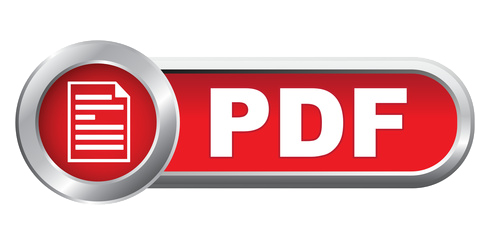Technical / Mechanical & Utility Engineering
Machinery Failure & Root Cause Failure Analysis
TM253
No Schedule Course Found, You can Request Schedule or ask for a proposal to get as in-House for your team. Request eProposale
Machinery failures can lead to significant downtime, financial loss, and safety hazards. This intermediate-level course equips professionals with the expertise to diagnose and resolve equipment failures effectively. It provides practical approaches to identifying root causes, implementing preventive strategies, and enhancing machinery reliability, tailored to the real-world challenges faced in industrial maintenance environments.
- Understand and categorize common machinery failure mechanisms
- Apply structured root cause analysis techniques to failure events
- Use diagnostic tools to assess machinery health and detect early warning signs
- Develop and implement failure prevention and risk mitigation strategies
- Optimize maintenance and reliability practices for improved operational performance
- Maintenance Engineers
- Reliability Engineers
- Mechanical Technicians
- Technical Staff in Machinery Operations
Module 1: Fundamentals of Machinery Failure
- Types of machinery failures
- Common mechanisms and causes
- Operational and financial impacts
Module 2: Root Cause Analysis Methodologies
- Principles of root cause analysis
- Structured problem-solving techniques
- Lessons from case studies
Module 3: Diagnostic Tools and Techniques
- Advanced diagnostic equipment overview
- Data collection and interpretation
- Practical diagnostic procedures
Module 4: Failure Prevention Strategies
- Designing effective maintenance programs
- Predictive vs. preventive measures
- Continuous improvement practices
Module 5: Risk Management and Safety
- Conducting risk assessments
- Implementing safety protocols
- Hazard mitigation strategies
Module 6: Emerging Trends in Failure Analysis
- Latest developments in diagnostic technologies
- Digitalization in maintenance
- Innovations shaping future practices
Module 7: Maintenance and Reliability Improvement
- Strategies to enhance reliability
- Maintenance optimization techniques
- Performance monitoring tools
Module 8: Case Study Analysis
- Real-world failure scenarios
- Collaborative group analysis
- Lessons learned and best practices
Module 9: Interactive Discussion and Skill Building
- Group discussions on common challenges
- Peer knowledge exchange
- Strategy development sessions
Module 10: Final Assessment and Wrap-Up
- Course review and summary
- Final exam
- Feedback and course certification
The course combines various teaching methods, including instructor-led presentations, group discussions, case study analyses, and assessments through quizzes and a final exam to engage participants and ensure they understand and retain the material.
Terms & Conditions
ACTrain reserves the right to alter the Course Schedule without Prior Notification, Fees Quoted are Subject to Terms & Conditions Outlined in ACTrain's Registration Policy







